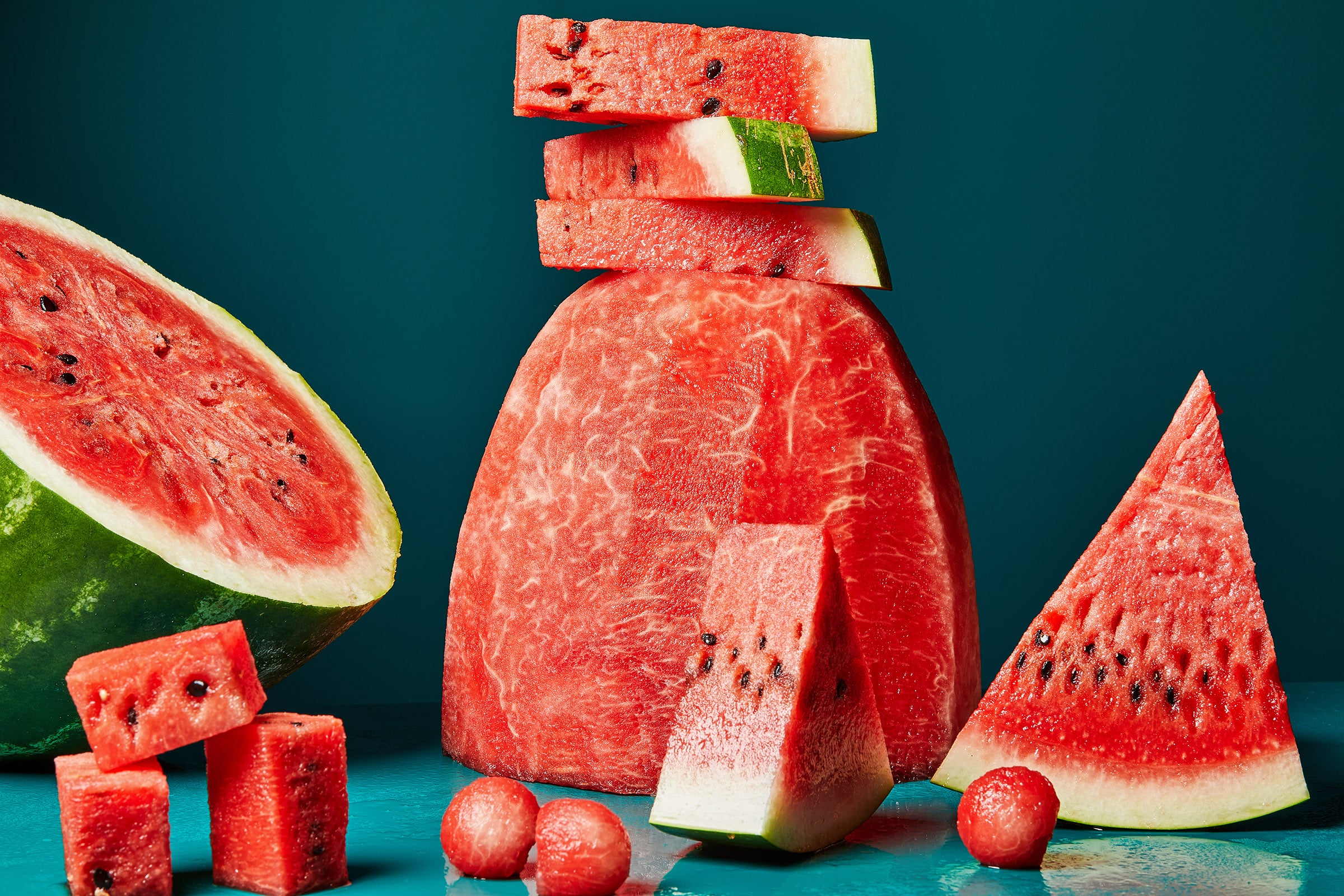Ancient watermelons tasted bitter and could kill you, research reveals
Watermelons likely originated in West Africa, scientists have said

The first cultivated watermelons from around 6,000 years ago had a bitter flesh that could have killed you if you ate them, a new study has revealed.
Scientists have discovered that rather than cutting up and sharing the delicious sweet fruit a group of our ancestors in north Africa discarded the sacharrine red flesh and instead munched on the seeds, The Times reported.
Researchers discovered this by undertaking a genomic analysis of the ancient seeds and finding that the watermelon of many years ago was very acrid.
Oscar Pérez Escobar, a researcher at Kew Gardens, told the newspaper: “Not only would it have been unpleasant to eat, you could die.”
The analysis of the seeds also pointed at the watermelon species originating in west Africa. Despite the popularity of the crop in Africa, scientists were previously unsure of its origins.
The formerly bitter taste of the watermelon flesh will have changed during the domestication of crops, which is the process of selecting plants to suit human needs, such as taste or yield.
But during this process to make plants and fruits palatable or better for storage, other traits can be lost.
Climate change will mean an increased chance of heatwaves, wildfires and droughts; weather events which can all have negative impacts on crops and food production.
If researchers could reintroduce a trait into the watermelons, such as drought resistance, this could help improve the fruit’s ability to be successfully grown and sold by farmers.
“This could be a source for improving our crops,” Pérez Escobar said. “Watermelons are a multimillion-dollar crop, important to economies throughout the world.”
The study was published in the journal Molecular Biology and Evolution.


Join our commenting forum
Join thought-provoking conversations, follow other Independent readers and see their replies
1Comments